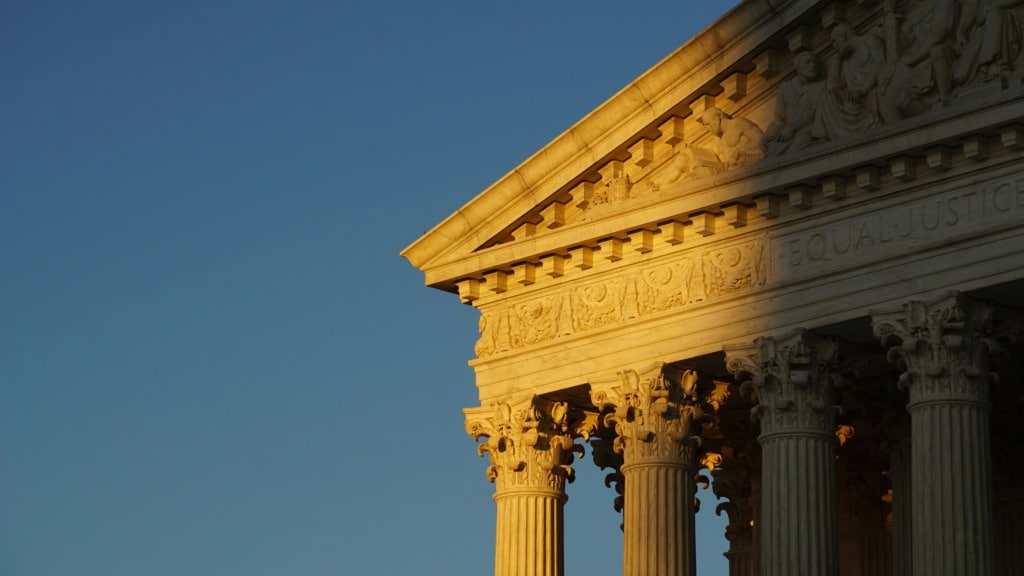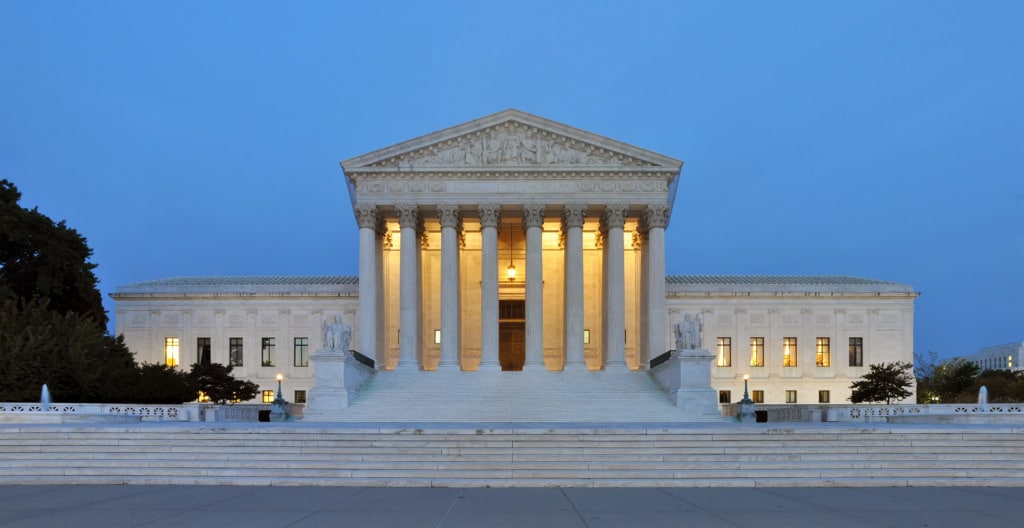Personal jurisdiction over foreign defendants in state courts is limited by state statutes and by the Due Process Clause of the Fourteenth Amendment of the U.S. Constitution, which the Supreme Court has interpreted to require that defendants have “minimum contacts” with the forum state. Personal jurisdiction in federal courts extends in most cases only as far as the jurisdiction of the state courts of the state in which they sit. However, in limited situations governed by Federal Rule of Civil Procedure 4(k)(2) and some federal statutes, personal jurisdiction in federal courts may extend beyond the limits of state court jurisdiction. Personal jurisdiction in federal courts is limited by the Fifth Amendment’s Due Process Clause, the scope of which remains unclear. Whether customary international imposes general limits jurisdiction on jurisdiction to adjudicate is also unclear.
Media Roundup: Fuld v. Palestine Liberation Organization
On June 20, 2025, the Supreme Court decided Fuld v. Palestine Liberation Organization, a case on review from the Second Circuit dealing with the limits of personal jurisdiction under the Fifth Amendment’s Due Process Clause. The Court reversed the Second Circuit unanimously, holding that the personal jurisdiction provisions of the Promoting Security and Justice for Victims…
Continue ReadingSupreme Court Decides Fuld v. PLO
The Supreme Court today unanimously reversed the Second Circuit in Fuld v. Palestine Liberation Organization, holding that the personal jurisdiction provisions of the Promoting Security and Justice for Victims of Terrorism Act (PSJVTA) do not violate the Fifth Amendment’s Due Process Clause. Chief Justice Roberts wrote the opinion, which was joined by Justices Alito, Sotomayor,…
Continue ReadingThe Personal Jurisdiction Case With Everything
In one of my favorite moves, The Princess Bride, the grandfather describes the story as having everything: “Fencing! Fighting! Revenge! Giants! Chases! Escapes! True love! Miracles!” This scene popped into my head when I was reading a recent decision by the Court of Appeals of Texas (Fourteenth District). That opinion, Certain Underwriters at Lloyd’s London…
Continue Reading


